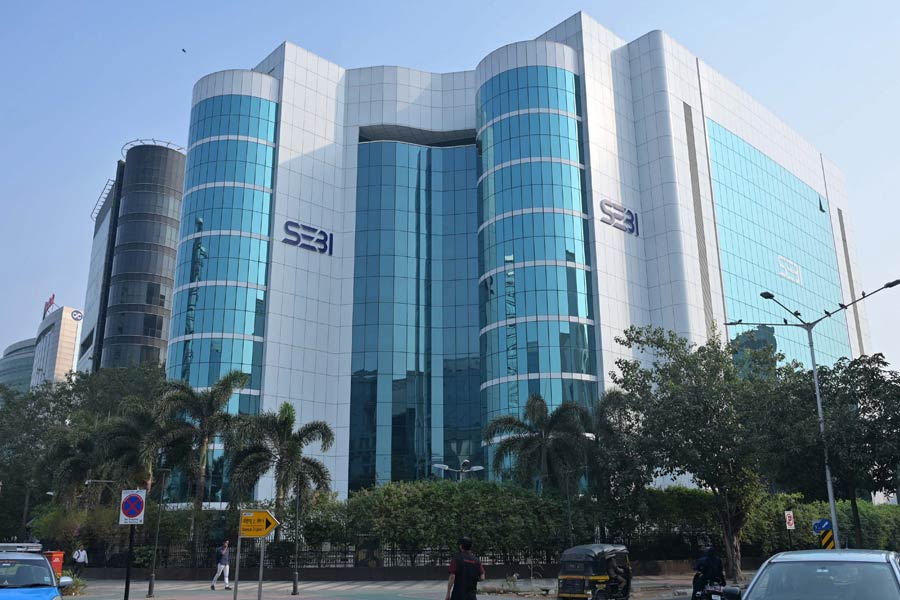Key questions when conducting your UCITS Eligible Markets due diligence
Following the end of the transition period, on the 1st January 2021, COLL 5.2.10 was updated to include the “United Kingdom“. COLL 5.2.10 of the Sourcebook now reads that a market is eligible under the “UK UCITS” regime, if it is:
- A regulated market;
- A market in the United Kingdom or an EEA State which is regulated, operates regularly and is open to the public.
With the above update in mind, we thought we would look back at the UCITS eligible market requirements under Directive 2009/65/EC, and the market due diligence requirements for when an operator wants to promote a UCITS eligible asset.
UCITS IV
Eligible Markets – Article 50(1)3
Directive 2009/65/EC, Article 50(1) provides that investments of a UCITS shall comprise only one or more of the following:
- Transferable securities and money market instruments admitted to or dealt in on a regulated market as defined in Article 4(1)(14) of Directive 2004/39/EC;
- Transferable securities and money market instruments dealt in on another regulated market in a Member State, which operates regularly and is recognised and open to the public;
- Transferable securities and money market instruments admitted to official listing on a stock exchange in a third country or dealt in on another regulated market in a third country which operates regularly and is recognised and open to the public provided that the choice of stock exchange or market has been approved by the competent authorities or is provided for in law or the fund rules or the instruments of incorporation of the investment company;
In this blog we will be focusing on the “regulated”, “operates regularly”, “recognised” and “open to the public” requirements highlighted above.
Key Questions
When considering these factors and in turn whether a market meets the UCITS eligible requirements, operators should consider the following:
Regulated
In terms of whether the market is regulated, this is a wide-spanning area and should look at the whole lifecycle of a trade and how the different entities involved are regulated. This includes:
- Is the market subject to supervision by an authority or authorities, duly appointed or recognised by the state in which it is located?
- Does the authority(ies) have the power to:
o impose capital adequacy rules;
o supervise directly members of the market;
o impose listing standards;
o ensure transparency in dealings;
o impose penalties where breaches of rules or standards occur.Clearing and settlement is a huge factor in the lifecycle of a trade. The clearing and settlement system should be regulated and should have acceptable settlement periods which will also impact the liquidity assessment. Due diligence should consider:o All entities involved in clearing and settlement (e.g. Clearing House, CCP, CSD)o Settlement cycles – (e.g. T+2, T+3, T+5)
o Settlement methods (e.g. Delivery versus Payment (DVP), Free of Payment (FOP))
Due diligence should also assess the risks of loss in the event of insolvency of a member of exchange? Are there Guarantee Funds in place?
Operates Regularly
When reviewing whether a market operates regularly, due diligence should consider:
- If trading takes place with reasonable frequency and whether the market has regular trading hours – what are the trading hours?
- Trading halts caused by technology issues.
The assessment must have regard to liquidity in the market, including the number of members/participants, and the ability of the market to provide fair prices on an ongoing basis. As discussed above, due diligence should also be conducted on the clearing and settlement and trading systems.
Custody arrangements should also be satisfactory.
Recognised
The market must be recognised or registered by an authority or authorities, duly appointed or recognised by the state in which it is located.
Open to the Public
The market must be open to the public. In order to establish this, consideration should include whether the public have direct or indirect access to the securities traded on the market.
Additionally, the degree to which overseas investors are permitted to invest should be considered.
Liquidity and Repatriation of Income and Capital
To determine if the market is sufficiently liquid, again, the whole lifecycle of the trade needs to be considered:
- Can the securities be bought and sold in a reasonable time, at best execution and in adequate amounts?
- Are adequate arrangements in place for unimpeded transmission of income and capital to or to the order of investors?
In our market due diligence reviews we consider a number of liquidity data factors, for example market capitalisation and share turnover velocity.
How we can help!
The above considerations are only a fragment of what UCITS should be considering when establishing if a market is UCITS eligible or not. Due to regulators not providing a definitive answer as to which markets are UCITS eligible, our Global Exchanges service provides the answers to the key questions required to conduct UCITS eligible market due diligence. Our online portal provides comprehensive market reviews which take into full consideration the UCITS Directive Requirements.
Key Features include:
- Comprehensive review with annotated backup and hyperlinks
- Full consideration of all UCITS Directive Requirements
- Key risks summaries
- Daily email bulletin
- Monthly bulletins containing a list of new and updated markets
- All information consolidated and accessed through www.globalexchanges.com website


